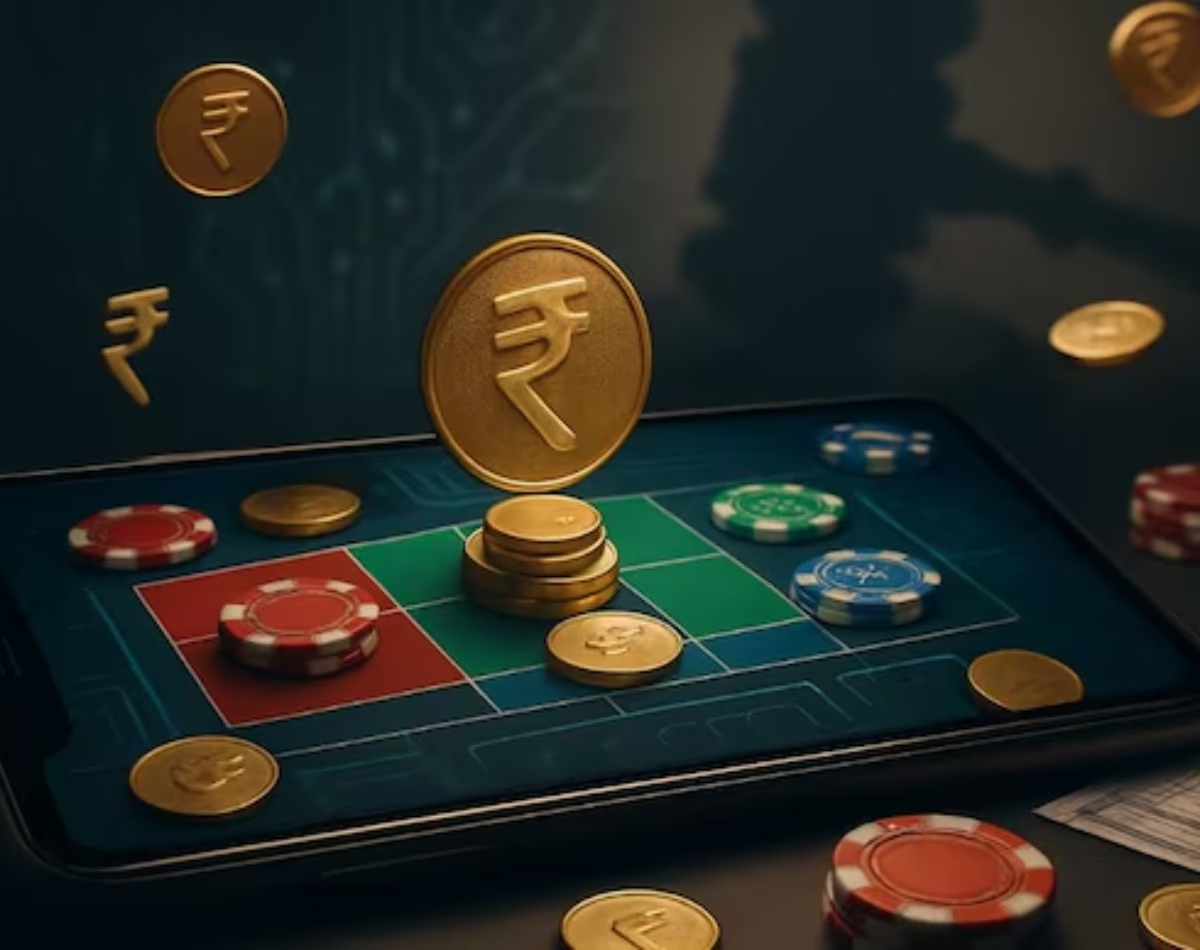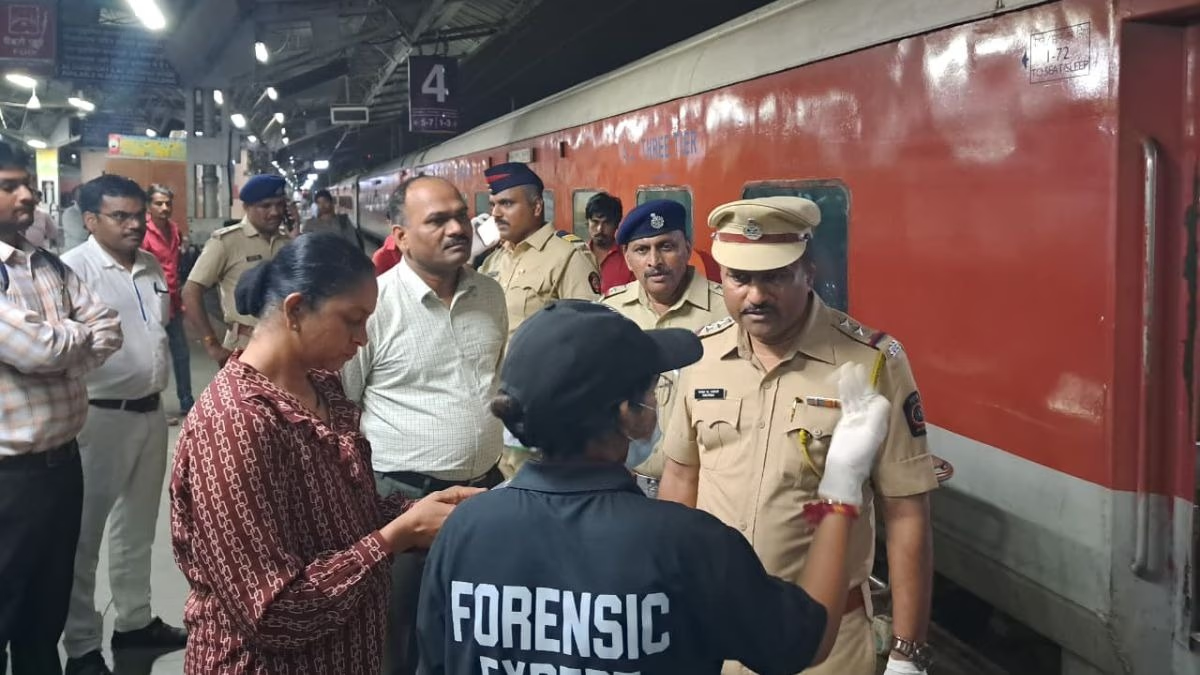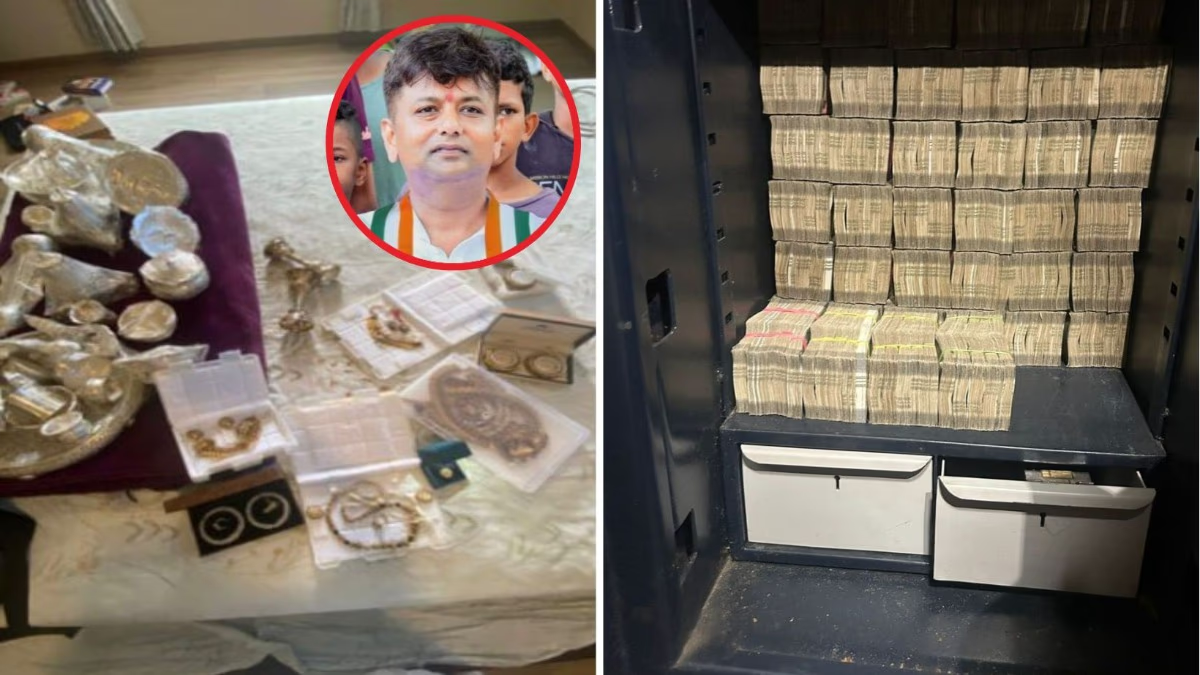The central government has enacted the Online Gaming Bill 2025, which has passed both the Lok Sabha and Rajya Sabha. The primary aim of this bill is to curb the spread of Real Money Games (RMG), which have entrapped and ruined countless individuals. A notable case emerges from Mumbai, depicting a businessman’s ordeal with the dark side of online gaming.
Meet Ajit Tripathi (name changed), who, after decades of hard work, climbed from poverty to prosperity, only to lose it all to the allure of online gaming. The irony of success turning into disaster in his story is enough to send shivers down anyone’s spine.
Submerged in Debt
After getting involved with the online gaming and betting platform Parimatch, this individual not only lost his millions in savings but also fell deep into debt worth crores. This scenario underscores the necessity of the Online Gaming Bill that the government has recently endorsed in Parliament. It's a cautionary tale showing how rampant online gambling sites and real money gaming apps have drawn people in through glitzy ads featuring Bollywood stars, cricket legends, and social media influencers, leading them to risk and lose everything.

Source: aajtak
From Lockdown Boredom to a Financial Blackhole
For the first time, India Today TV/Aaj Tak reached out to this person to share their story, showcasing the frightening nature of illegal online betting platforms. It all began during the COVID-19 pandemic lockdown in 2021, with Ajit at home scrolling through his phone when he encountered an ad promising substantial profit from online gaming.
An actress was featured in that ad, and given Ajit's business losses at that time, he clicked the link, leading him to the Parimatch gaming and betting app. Initially, Ajit received remarkable returns as the app representatives contacted him directly, pressuring him into investing large sums by offering enticing bonuses.
Encouraged by the impressive returns, Ajit invested a staggering total of over 270 million rupees in three years but was only able to recoup 150 million, losing nearly 122.2 million rupees.
Trapped in Lucre
Despite making fabulous profits through online play, withdrawing his own funds became impossible when the earnings escalated to millions. The business situation worsened, necessitating loans to mitigate losses. Upon reaching out to banks for withdrawals from private and government accounts, Ajit was met with indifference, with those who had earlier keenly facilitated his large deposits evaporating, leaving Ajit to a lonely struggle.

Source: aajtak
The Authorities Step In
Feeling defrauded, Ajit reported the multimillion-rupee scam to the Mumbai Police and lodged a complaint at the cyber police station against the Parimatch app network. Following the report, the Enforcement Directorate (ED) raided several cities, including Mumbai, Delhi, Kanpur, Noida, Jaipur, Surat, Madurai, and Hyderabad, seizing criminal assets worth over 110 crore rupees. These assets connected Ajit and many other victims throughout India, establishing accounts as 'Mule Accounts,' raising questions about their oversight, transactions, and the lax scrutiny from money-laundering agencies.
Operating from Abroad
The ED investigation unveiled a shocking reality—the Parimatch gaming and betting platform was part of a network controlled by a Ukrainian citizen from Cyprus and registered in the tax haven of Curacao. The probe revealed a stockpile of 1,200 credit cards linked to these mule accounts used to siphon off victims' deposits.

Source: aajtak
During an analysis by the ED, it was revealed that within just one financial year, Parimatch amassed over 3000 crore rupees from Indian citizens alone. Moreover, in a Tamil Nadu town, an ATM was utilized to consistently withdraw cash from linked mule accounts.
In 2023, Mumbai GST authorities arrested a director connected to the Parimatch app on charges of GST fraud as the operation proceeded without GST registration. It turned out that IBlock Technologies, a crypto trading platform based in Noida, managed the setup. Union IT Minister Ashwini Vaishnaw publicly stated that online money games have impoverished millions of Indian families, wiping out middle-class savings, and highlighted that the government prioritized family security over any other interest by introducing the online gaming bill.




